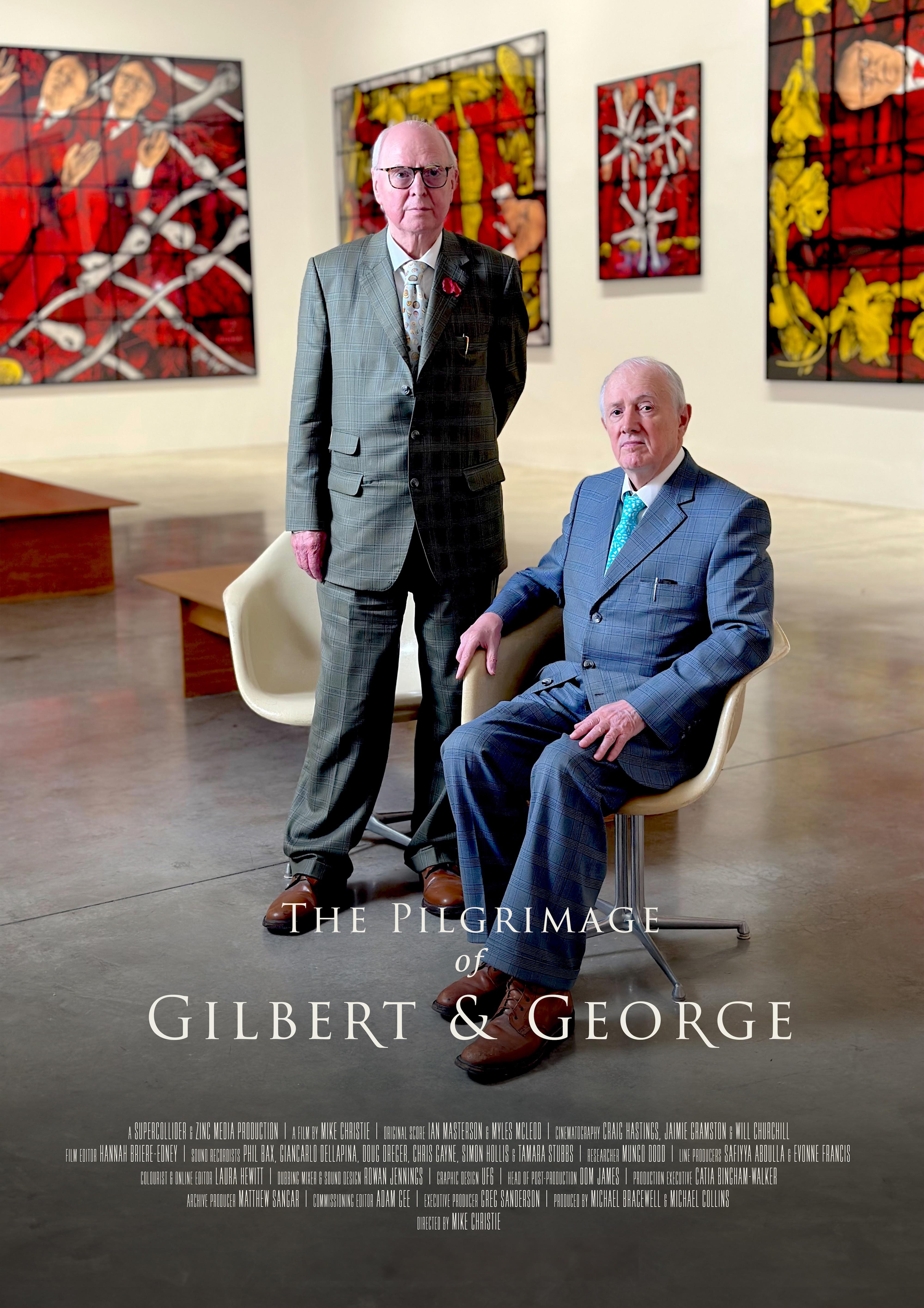Berlin has several times more subsidy than the whole of Great Britain
NewsFrom an interview with the Berlin agent Karsten Witt, former head of London’s South Bank centre:
Here in Berlin you live like in paradise. In London I had experienced the capital of music commerce as Chief Executive of the Southbank Centre. In Berlin there are many times the subsidies that are available in Great Britain for the whole country. Of course, one asks oneself the anxious question of how long politics in Germany will be maintained. But all major cultural institutions are making great efforts to reach the general population and young people in particular. And Berlin is not only characterized by three large opera houses and large orchestras, but also by the rich independent scene…
Is Schadenfreude originally a German noun?
More here.






Comments